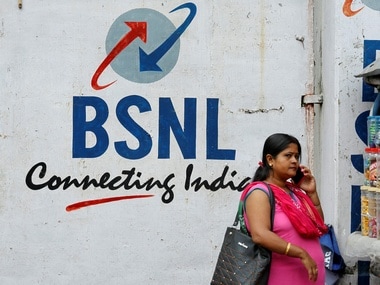However, It may be a while before startups will be able to take advantage of the new benefits.
Rabindra Shrestha
In a notification issued on February 19, 2019 the Indian government broadened the definition for startups that would be exempt from paying angel tax. Startups were now defined as a company up to 10 years from incorporation, raised from earlier limit set at seven years. Turnover of start-up would not exceed Rs 100 crore for any financial year from its earlier limit of Rs 25 crore. Investment limit for the tax exemption is now Rs 25 crore while earlier it was Rs 10 crore.
Startups will need to file a declaration with the Department for Promotion of Industry and Internal Trade (DPIIT), earlier known as the Department of Industrial Policy & Promotion, which will then be transmitted to the Central Board of Direct Taxes.
DPIIT has notified that to be qualified for exemption underneath Section 56(2) (7b), a startup has to implement a self-announcement undertaking not to invest in stable assets, transport motors above Rs 10 lakh, loans and advances, capital contribution to other entities, and belongings together with shares, securities and jewellery, except in its own business operations.
The notification exempts investments from non-residents, category I alternative investment funds and listed companies with a net worth of Rs 100 crore or turnover of Rs 250 crore and above provided that its shares are frequently traded as per regulations of SEBI of Substantial Acquisition of Shares and Takeovers of year 2011.
However, it may be a while before startups will be able to take advantage of the new benefits as many of them require amendments in the law.
The tax reforms should give startups the opportunity to engage and adapt to changes along with pivoting their business models to capitalise on the new opportunities. With the cost of doing business reduced, companies can channel capital to unlock a set of levers such as research and development that drive sustained performance improvement.
Businesses must have cash in hand for investing in new infrastructure and dealing with unexpected expenses. Companies can use cash for growth cycle and ensure that costs are aligned with growth. Conserved cash can service borrowed debt capital to optimise capital structure. Lack of cash can put current projects at risk.
Companies that face high uncertainty because of high growth or the cyclical nature of their industries should carry cash so that they have enough flexibility to take advantage of investment opportunities or to deal with negative events. Every company is going to have stints when they are not running at full potential. With cash, the company will be more flexible and better able to survive the downturn.
Tax savings will help companies forecast for cash with a mid-term and longer view. It can prevent startups to avoid situation when they can find themselves with very little cash left to run the business, sending them into a spiral they may not recover from. Moreover, cash flow in a business is often cited as a key factor in its potential for long-term success. A company may generate revenue but without the ability to generate cash, it can easily fail.
A disadvantage of sufficient cash is that it may promote short-sighted decisions or excessive risk taking. Company may use basic financial and cash milestones, and then can analyse their position with respect to the industry and competitors to avoid pitfalls.
Without positive cash flow, any company, no matter how promising the business model, will not sustain. If a business has just been recently launched, it may be able to endure negative cash flow in the short-term in hopes of achieving long-term success. But eventually, any company must focus on conserving cash and tax reforms will provide significant support to companies to achieve positive cash flows.
(The author is Managing Partner, Prestellar Ventures)




























































